Everyday Tattoo Talk
Tattoos as a pyscho-somatic therapy device?
Tattoos as a pyscho-somatic therapy device?
Tattoos have been a form of self-expression for centuries. From the ancient Greeks to modern-day societies, tattoos have been used to communicate various messages. However, what many people may not realise is that tattoos can also be a form of psycho-somatic therapy. In this blog post, we will discuss how tattoos can serve as a therapeutic tool for individuals.
Psycho-somatic therapy is an approach that acknowledges the connection between the mind and body. It focuses on using the body to heal emotional and psychological distress. Tattoos can be an excellent tool for this type of therapy because they allow individuals to take control of their bodies and express themselves in a visual way.
The act of getting a tattoo can be a cathartic experience for individuals. It allows them to feel a sense of control over their bodies and their experiences. The process of getting a tattoo also releases endorphins, which can provide a natural sense of relief and relaxation.
Additionally, the design of a tattoo can have a significant impact on an individual's emotional well-being. For example, someone who has experienced trauma may choose to get a tattoo that symbolises their strength or resilience. Seeing this tattoo every day can serve as a reminder of their ability to overcome challenges.
Tattoos can also serve as a way to reclaim one's body after experiencing trauma. For individuals who have experienced sexual assault or abuse, getting a tattoo can be a way to take back control of their bodies and express themselves in a way that is empowering.
Scar coverup tattoos can also be a form of therapy for individuals who have scars from traumatic experiences. These tattoos can help cover up scars from self-harm, surgery, accidents, or any other traumatic event that may have left a physical reminder on the body.
For some people, seeing their scars can be a constant reminder of the pain they experienced. Covering up these scars with a tattoo can give them a sense of control over their body and help them move on from the past. The act of transforming a scar into a beautiful work of art can be empowering and can help individuals feel more comfortable in their own skin.
Furthermore, tattoos can serve as a way to honour loved ones who have passed away. A tattoo that commemorates someone can provide a sense of comfort and connection to that individual, even after they are gone.
Many psychologists and therapists have weighed in on the potential therapeutic benefits of getting tattoos. Some experts believe that tattoos can be a form of art therapy, allowing individuals to express themselves creatively and process difficult emotions.
One prominent therapist who has spoken about the therapeutic power of tattoos is Dr. Candace R. Makeda Moore, a licensed clinical psychologist and assistant professor at the University of Kentucky. Dr. Moore has stated that tattoos can serve as a way to reclaim one's body after experiencing trauma, as well as a way to promote self-expression and self-esteem.
Another therapist who has spoken about the potential benefits of tattoos is Dr. Andrea Gitter, a licensed clinical psychologist and assistant professor at the University of Houston. Dr. Gitter has discussed how tattoos can serve as a way for individuals to create a sense of identity and belonging, as well as a way to mark personal milestones or commemorate loved ones.
Scar coverup tattoos can also be a form of therapy for individuals who have scars from traumatic experiences. These tattoos can help cover up scars from self-harm, surgery, accidents, or any other traumatic event that may have left a physical reminder on the body.
For some people, seeing their scars can be a constant reminder of the pain they experienced. Covering up these scars with a tattoo can give them a sense of control over their body and help them move on from the past. The act of transforming a scar into a beautiful work of art can be empowering and can help individuals feel more comfortable in their own skin.
Additionally, some therapists have advocated for the use of tattoos as a form of exposure therapy for individuals with anxiety or PTSD. By choosing to get a tattoo, individuals may be confronting their fears or discomfort with needles and pain, which can be empowering and therapeutic.
It is important to note, however, that not all therapists believe that tattoos are an effective form of therapy for everyone. As with any therapeutic intervention, it is crucial to work with a qualified mental health professional to determine what treatment options are best suited for an individual's unique needs and circumstances.
In conclusion, while not everyone may view tattoos as a form of therapy, there is growing evidence to suggest that they can have a positive impact on an individual's mental health and well-being. From serving as a form of creative expression to helping individuals confront their fears and reclaim their bodies, tattoos have the potential to be a powerful tool for personal growth and healing.
Comments
1 Comment1 Comment
-
Benji


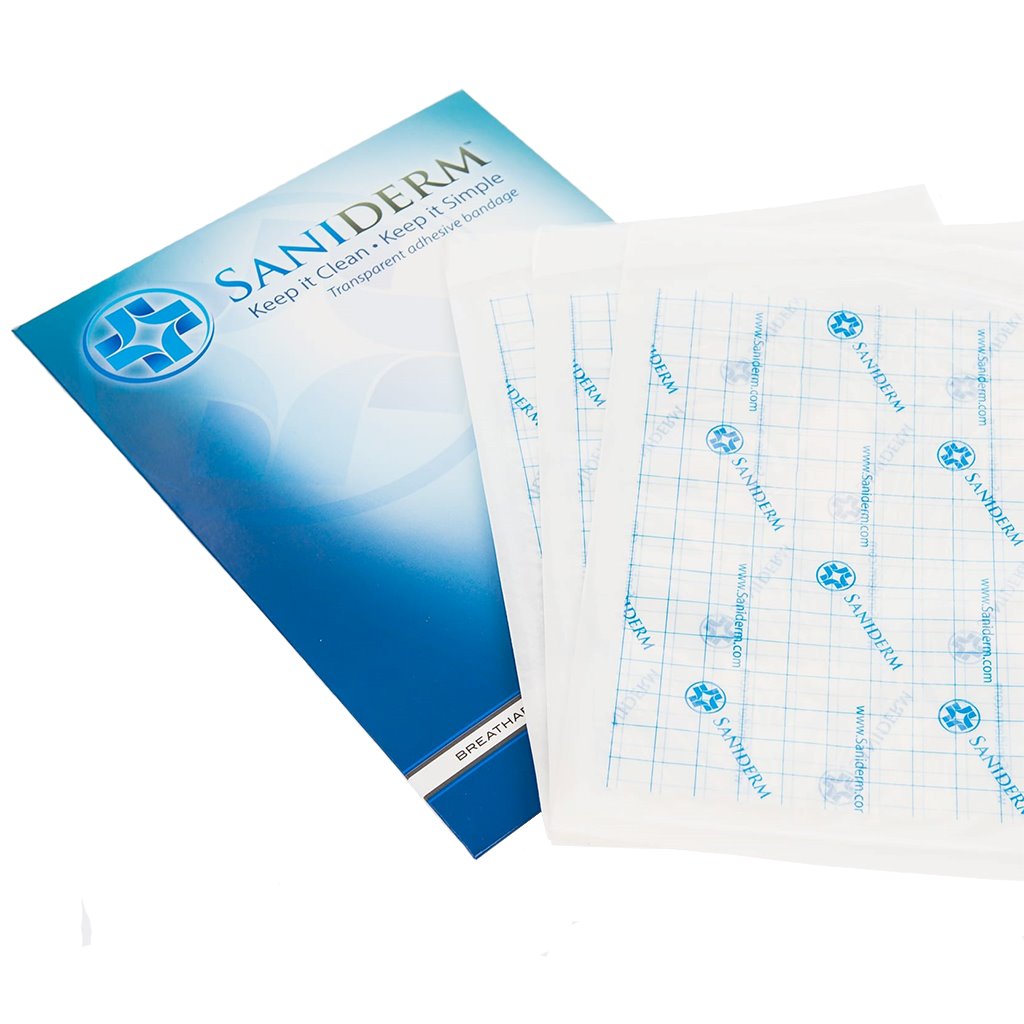
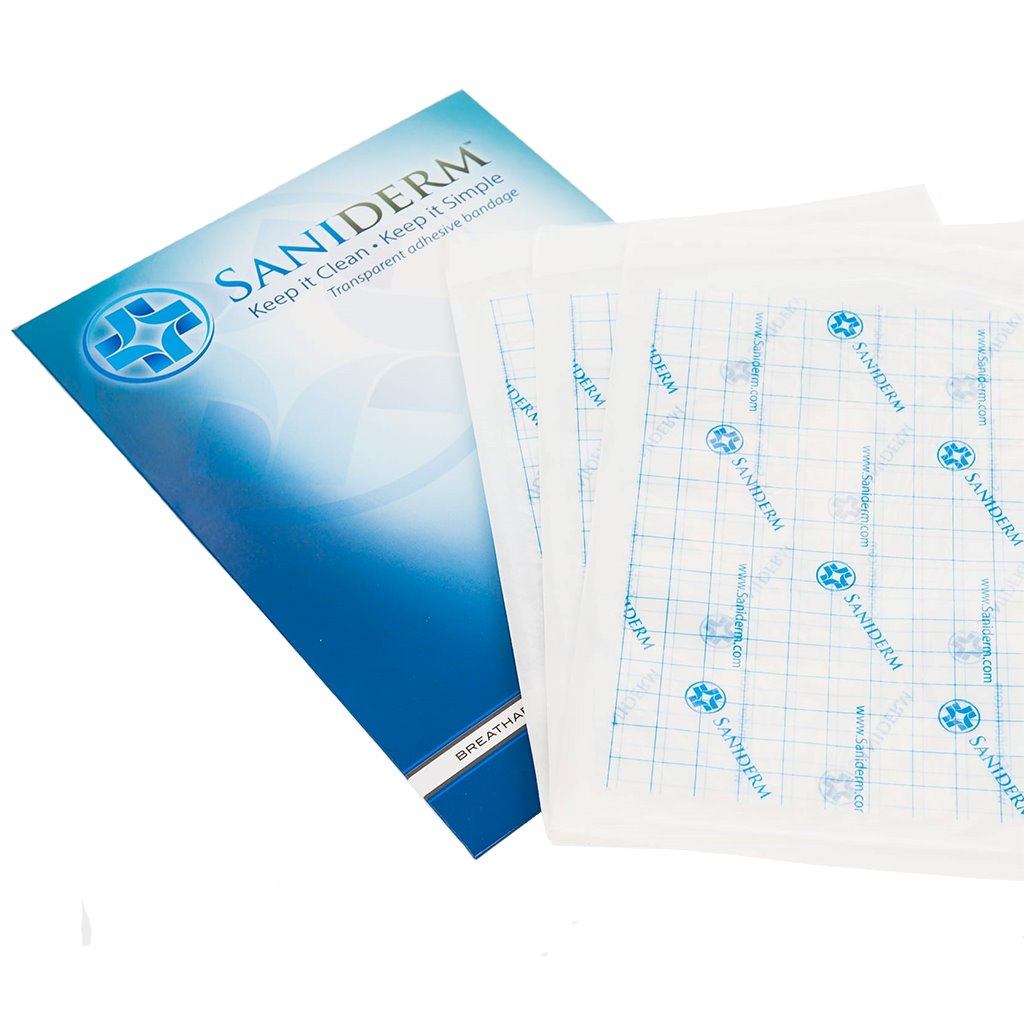
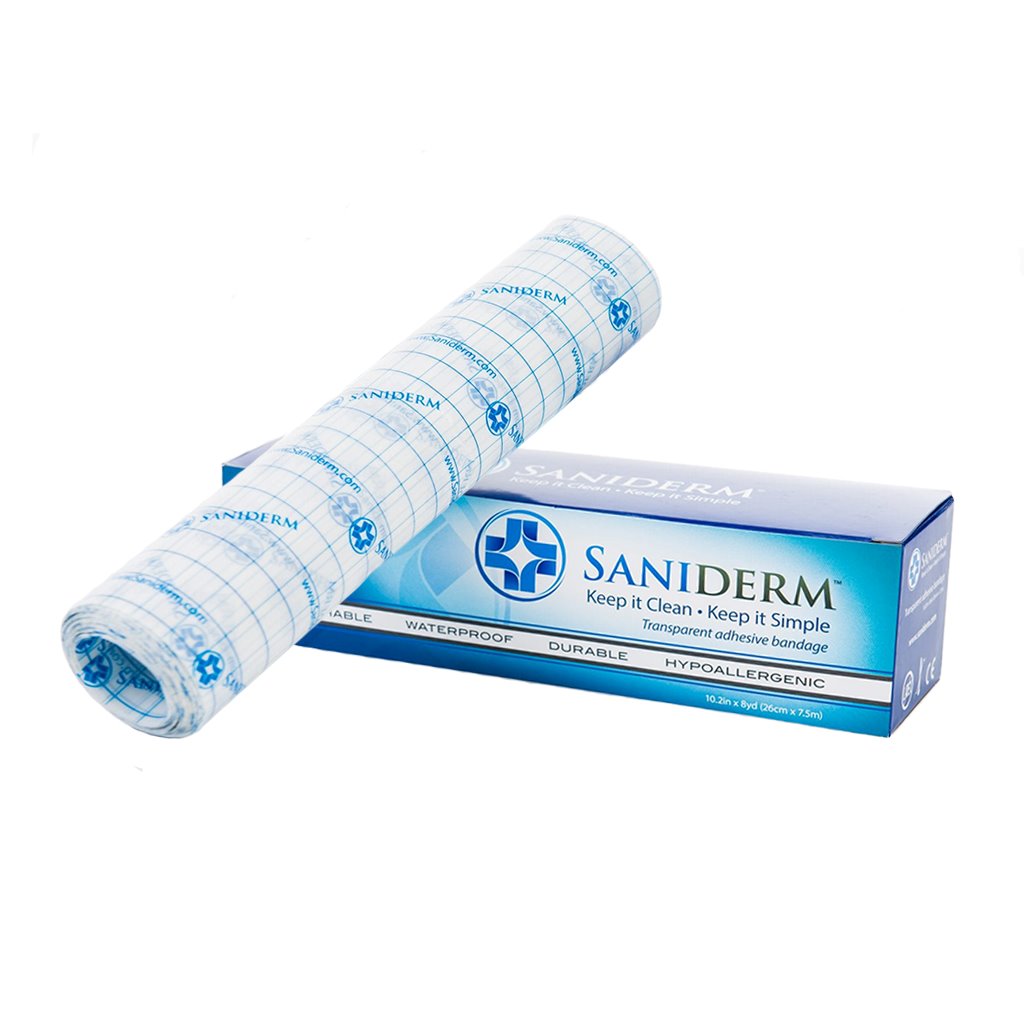

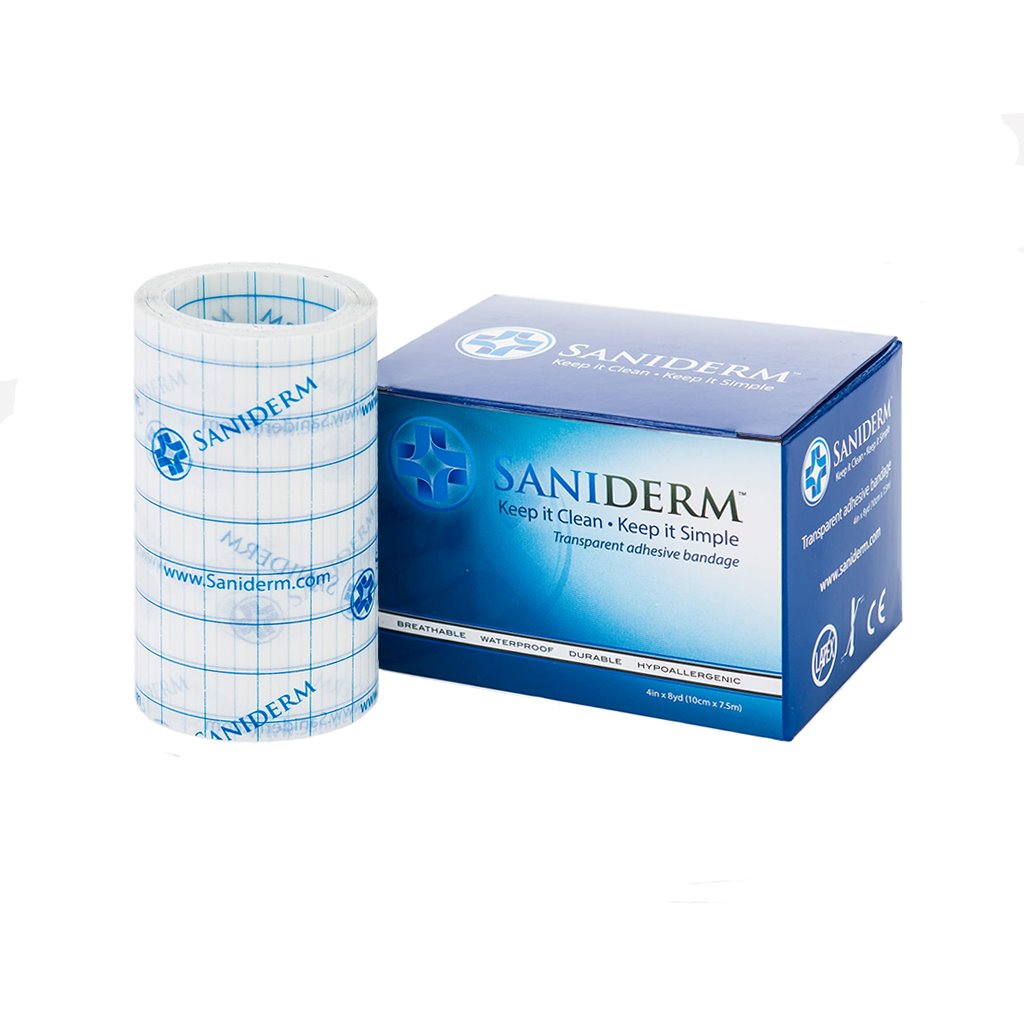
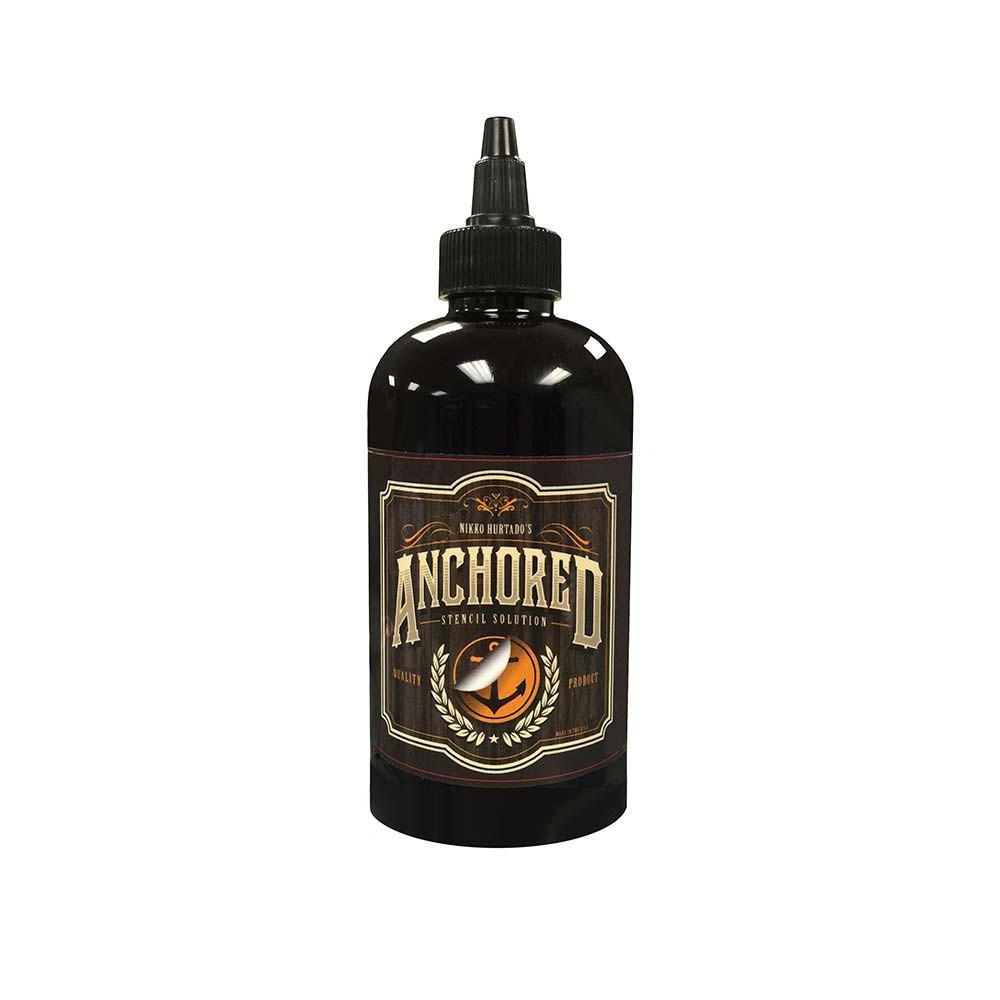

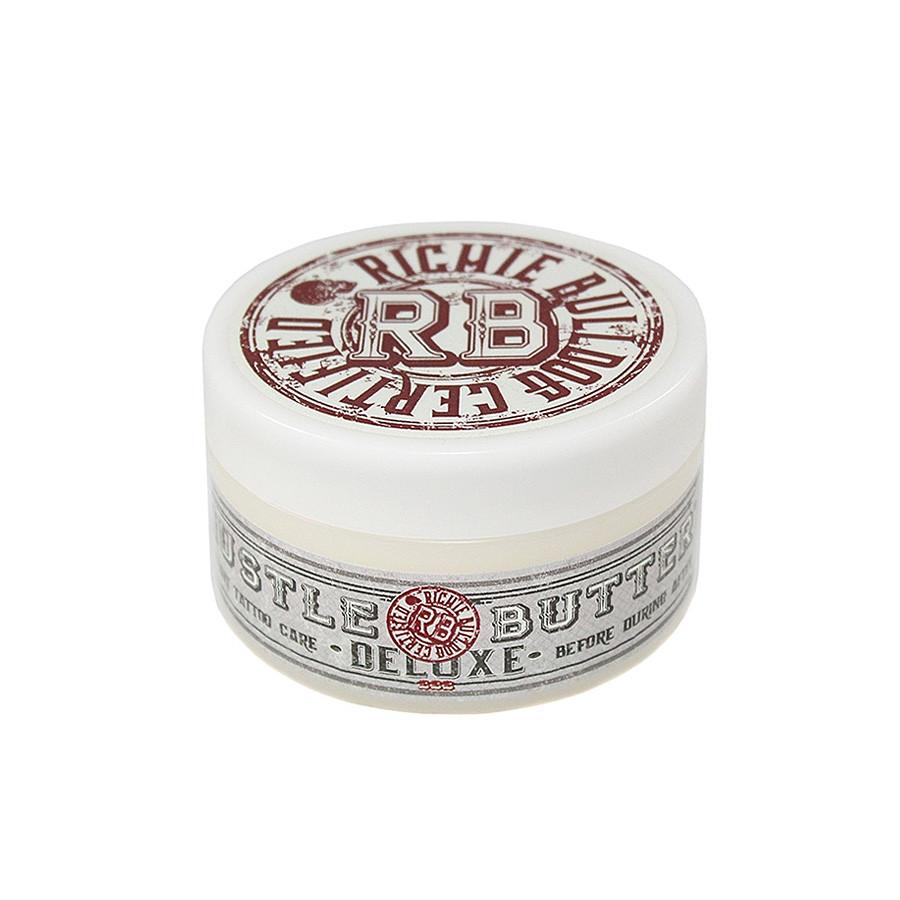

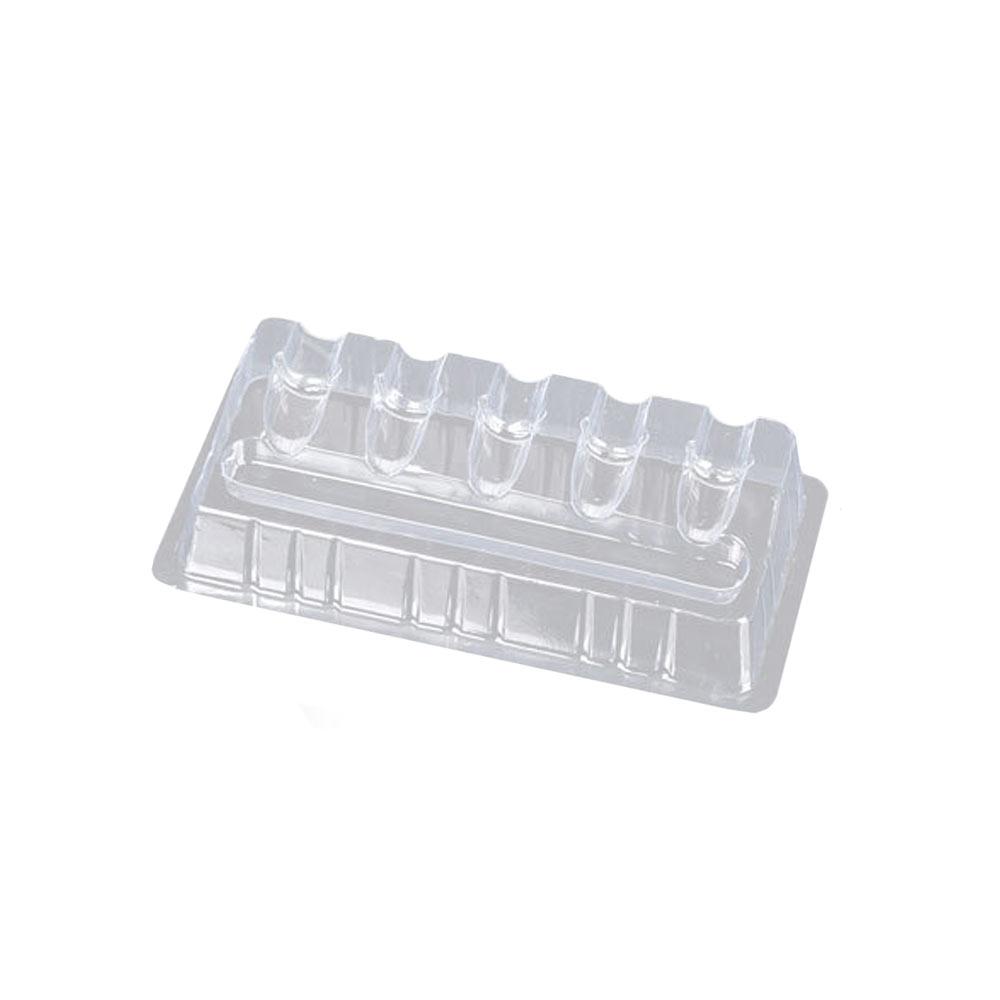
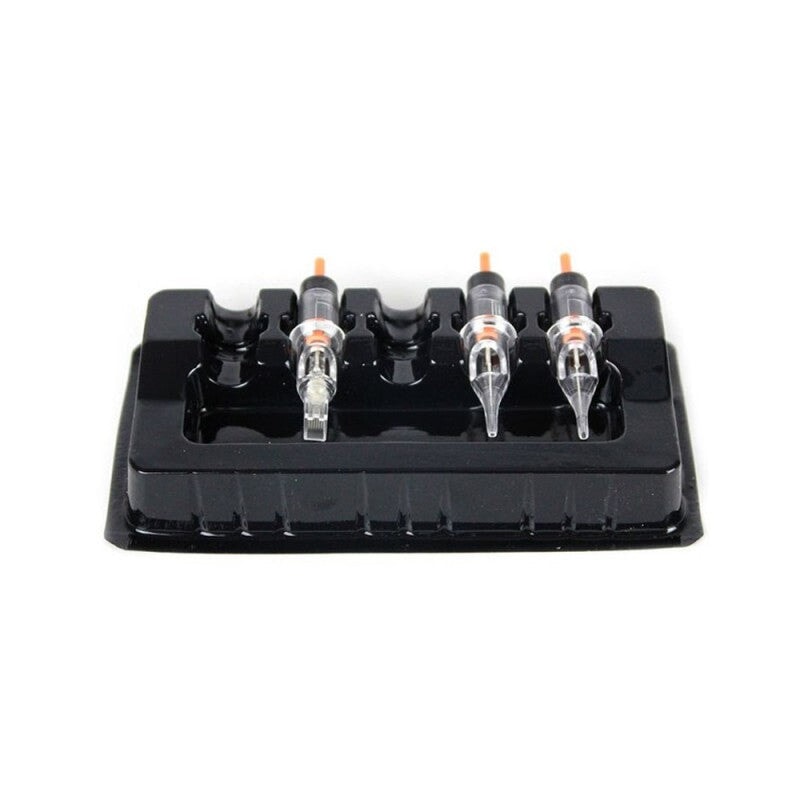
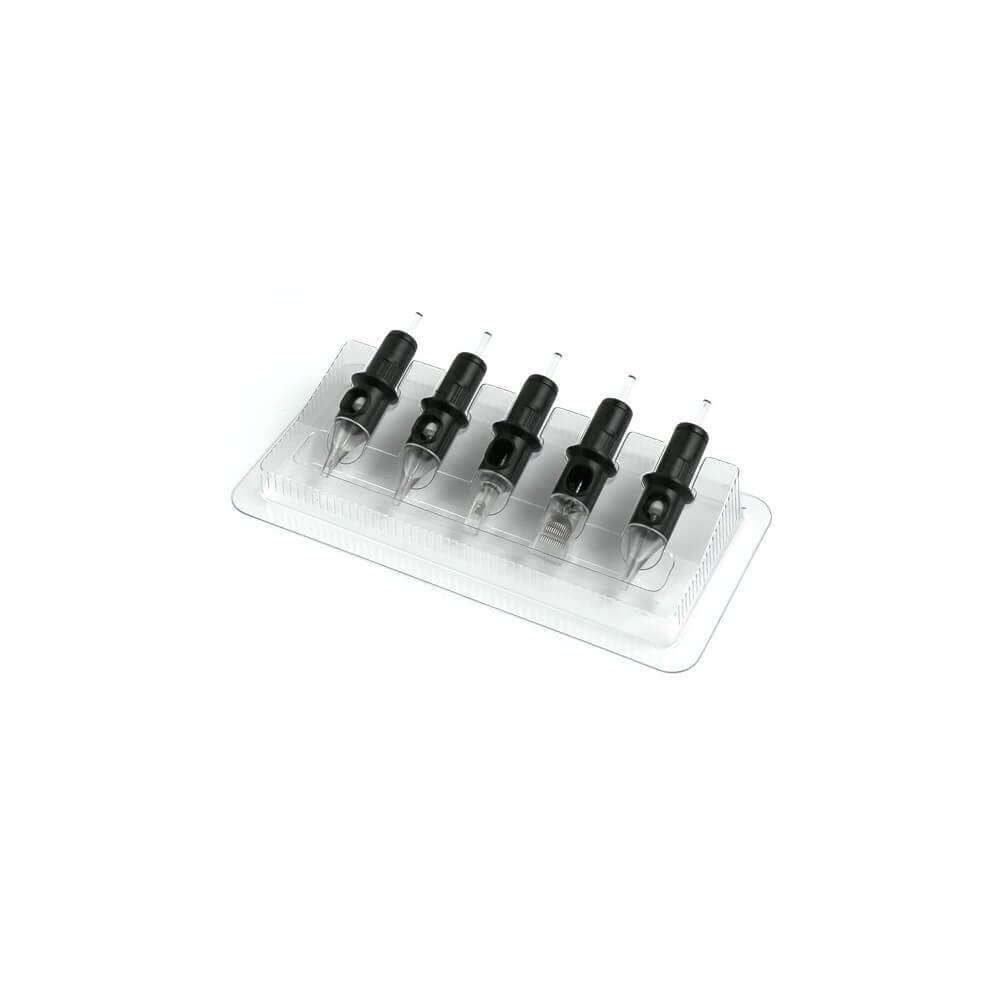
hectic…